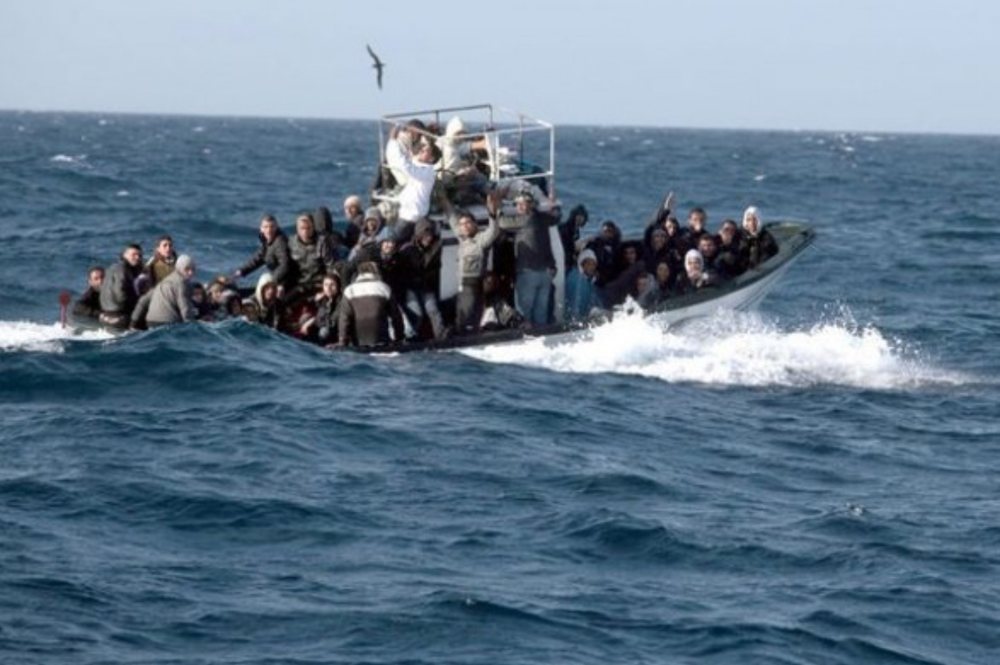
The United Kingdom is facing an unprecedented situation regarding illegal immigration, as official figures show that 28,076 migrants have crossed the English Channel in dinghies since the beginning of 2025 - a 46% increase compared to the same period last year. The record, made public on Monday, has intensified the pressure on Prime Minister Keir Starmer and his Labour government, in the face of an increasingly concerned public opinion on the issue of immigration. According to recent polls, immigration has become the top priority for British citizens. The new record was set on Sunday, when 212 migrants arrived on British shores in four different boats. The Home Office has not yet given an official comment on the situation.
Meanwhile, last weekend saw mass protests in several British cities, particularly after a court ruling ordered the removal of asylum seekers from a hotel in Epping, northeast London – deepening the heated debate over the use of hotels to house migrants. Starmer’s government has promised to end the use of hotels for asylum seekers by 2029 and has announced sweeping reforms to the asylum system. New legal changes were announced on Sunday to speed up appeals processes and reduce the backlog of more than 100,000 unexamined claims.
Home Secretary Yvette Cooper said the reforms were aimed at restoring “control and order” to a system she described as “in complete chaos.” However, figures last week showed that asylum applications had reached an all-time high and that more migrants were being housed in hotels than last year.
On the other hand, political pressure on the Labour government is growing. The leader of the right-wing Reform UK party, Nigel Farage, who has led in recent polls, has announced plans for “mass deportations” of migrants arriving by dinghy. He has proposed withdrawing from the European Convention on Human Rights, banning asylum applications and setting up detention centres with a capacity of up to 24,000 people. In an interview with The Times, Farage also said he would sign repatriation agreements with countries such as Afghanistan and Eritrea, while organising daily deportation flights.
This situation is expected to remain one of the most contentious topics in British politics in the coming months, with a direct impact on the sustainability of Keir Starmer’s government and the debate on the future of immigration in the country.






















